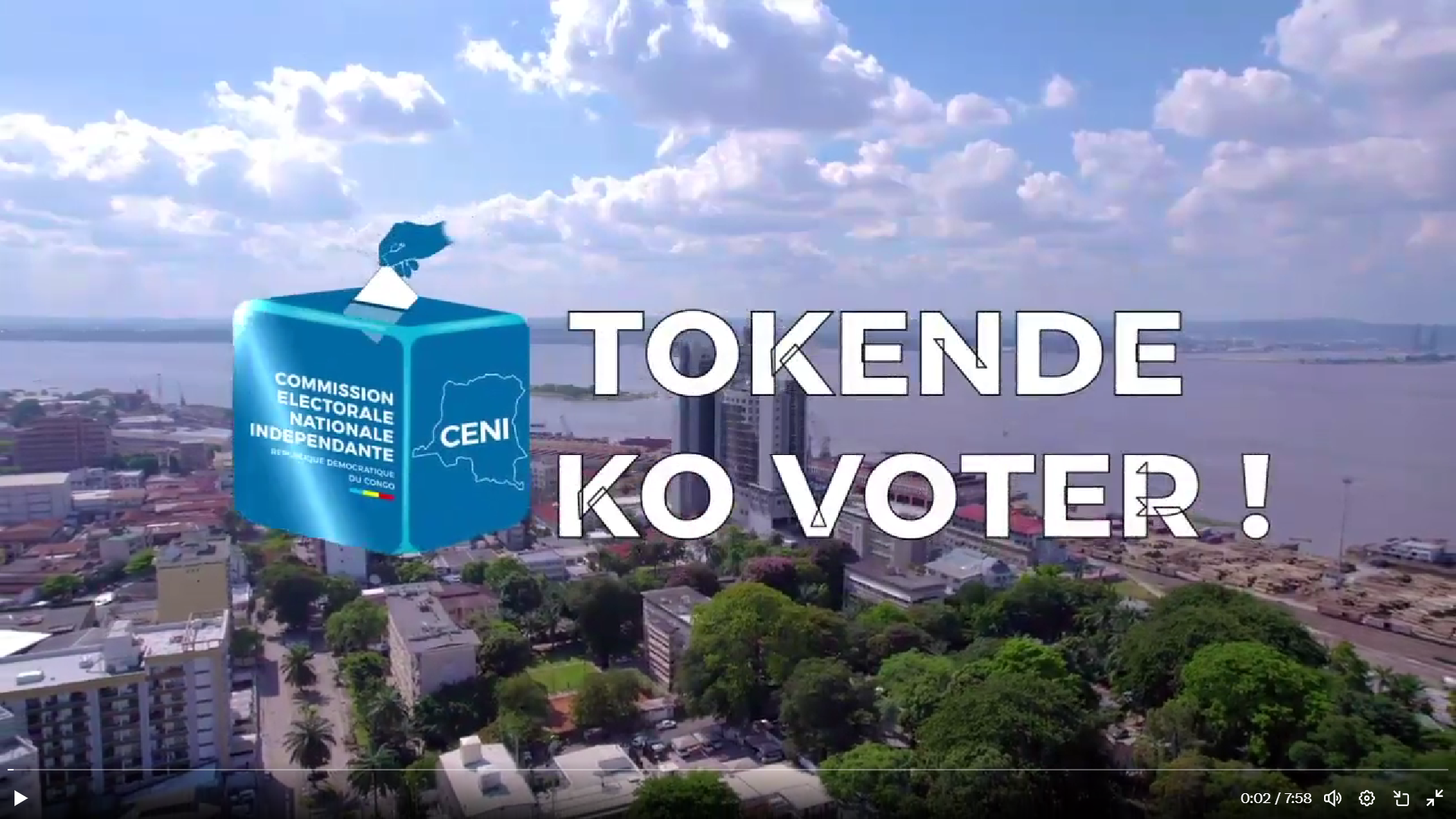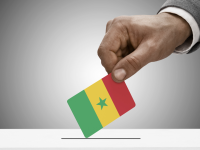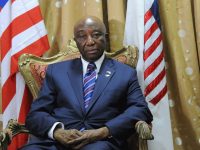A Day of High Anticipation Today marks a momentous occasion in Senegal as citizens gather…

DRCongo, Official Start of Presidential Election Campaign
Today, Sunday, November 19, 2023, marks the official commencement of the presidential election campaign in the Democratic Republic of Congo. As determined by CENI, the Independent National Electoral Commission, the opportunity for political propaganda and organizing rallies is granted one month before the electoral date of December 20, 2023 (although it concludes on the 18th, allowing voters a two-day “reflection period”). For the onset of the Congolese election campaign, CENI President Denis Kadima Kazadi has sent a message in which he “reminds and reassures the national and international opinion that [it] will ensure free and democratic, transparent, peaceful, and inclusive elections, despite the challenges it must face.”
Kadima Kazadi then concluded that CENI “calls on the candidates for responsibility and tolerance during the 30 days of the election campaign.” Also, MONUSCO, the UN peacekeeping mission in the eastern provinces of Congo, has wished the entire country a successful election campaign:
The candidates for the presidency of the DRC are 24 in total, including only one woman, Marie-Josée Mputa Mpunga Ifoku, an independent candidate from Kinshasa. The oldest candidate is Georges Falay Buse, born in 1946, while the youngest is Constant Tungunga Mutamba, born in 1988. Most candidates, however, fall in the age range of 45 to 70 years, including those with the highest chances of victory, namely the incumbent president Félix Antoine Tshilombo Tshisekedi (born in 1963), Moise Chapwe Katumbi (born in 1964), Martin Madidi Fayulu (born in 1956), and Denis Mukegere Mukwege (born in 1955).
Sixteen candidates are listed as “independents,” such as Tshisekedi and Mukwege, while the remaining eight are candidates from specific party lists: CUC, Dypro, Ensemble, Envol, Lamukafayulu, LGD, MLP, Nou.El.
The list of all candidates, in the order of registration with CENI, is as follows:
The list of all candidates, in the order of registration with CENI, is as follows:
1. Soborabo Tebabho Radjabho (male, 1962, CUC list)
2. Constant Tungunga Mutamba (male, 1988, Dypro list)
3. Moise Chapwe Katumbi (male, 1964, Ensemble list)
4. Delly Hipungu Dja Kaseng Kapitu Sesanga (male, 1970, Envol list)
5. Floribert ISiloketshi Anzuluni (male, 1983, independent)
6. Jean Claude Etafe Eliko Baende (male, 1963, independent)
7. Tony Cassius Bolamba (male, 1972, independent)
8. Georges Falay Buse (male, 1946, independent)
9. Marie-Josée Mputa Mpunga Ifoku (female, 1965, independent)
10. Rex Kanda Kazadi (male, 1978, independent)
11. Seth Masudi Kikuni (male, 1981, independent)
12. Patrice Mwamba Majondo (male, 1979, independent)
13. André Anedu Masalu (male, 1962, independent)
14. Justin Bisimwa Mudekereza (male, 1976, independent)
15. Denis Mukengere Mukwege (male, 1955, independent)
16. Aggrey Kurisini Ngalasi (male, 1954, independent)
17. Théodore Ilunga Wa Nsenga Ngoy (male, 1958, independent)
18. Loli Bokonzi Nkema Liloo (male, 1978, independent)
19. Noel Muadiamvita Tshiani K (male, 1957, independent)
20. Félix Antoine Tshilombo Tshisekedi (male, 1963, independent)
21. Martin Madidi Fayulu (male, 1956, Lamukafayulu list)
22. Mapon Ponyo Matata (male, 1964, LGD list)
23. Franck Shamba Diongo (male, 1964, MLP list)
24. Adolphe Fumutshi Muzito (male, 1957, Nou.El list)
CENI also places particular emphasis on combating fake news and violent, hateful language, against which it has initiated an awareness campaign:
Finally, another campaign has been launched, this time to raise awareness for the December 20 vote through the song and music video “Tokende ko voter,” performed by famous Congolese pop stars such as Ferré Gola, Barbara Kanam, Innocent Balume (Innoss’B), Rebo Tschulo, Gally Garvey, Lelimba Wakutshila, Réné Lokwa, NMB, P-Son, and the MPR duo. The song includes verses in the four national languages, urging people to go to the polls, and repeats the message that “violence is not a solution.”
Filmed at the CENI headquarters and on Boulevard du 30 Juin, in front of the Electoral Center in Kinshasa, the video features around thirty artists and about fifteen dancers, all wearing white T-shirts and caps with the inscription “CENI.”





